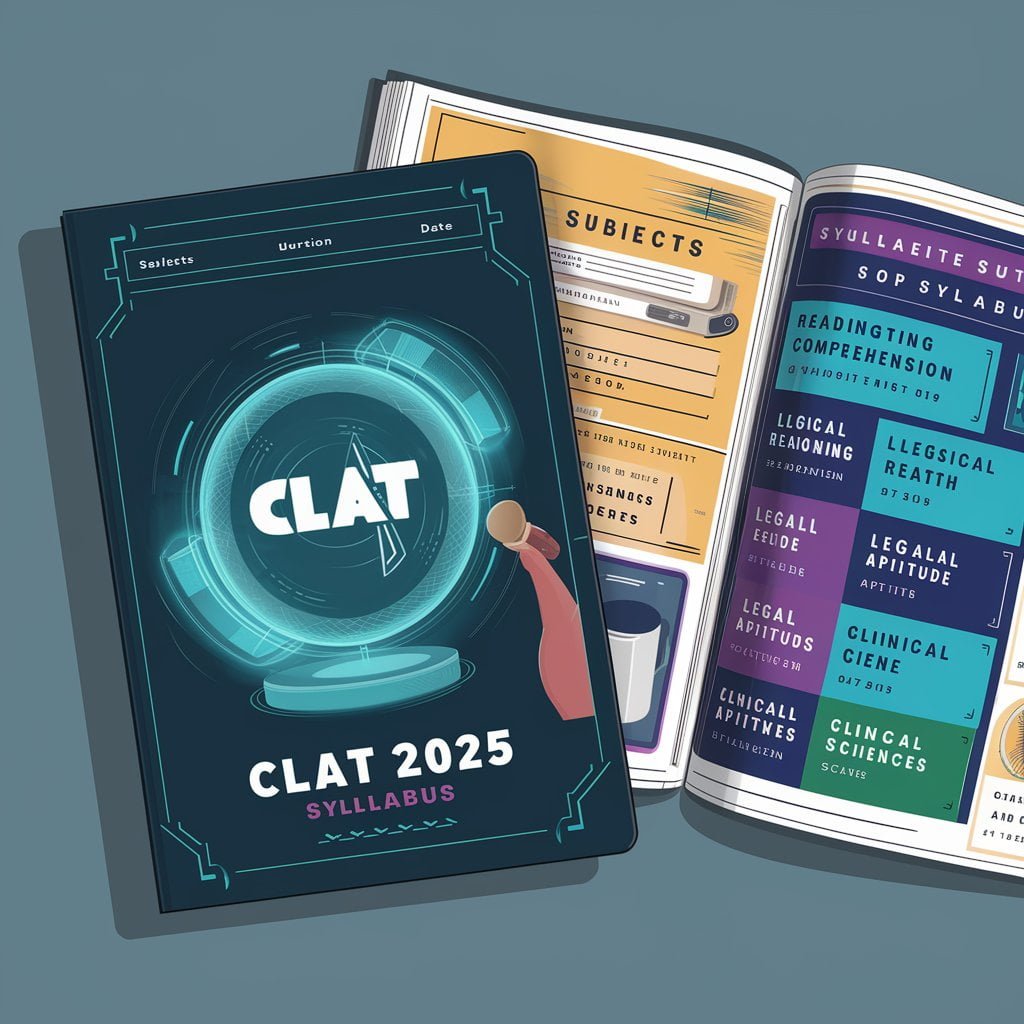Preparing for law entrance exams like the Common Law Admission Test (CLAT) and other similar tests requires a strategic and disciplined approach. These exams are highly competitive and cover a range of subjects, including English, General Knowledge, Mathematics, Logical Reasoning, and Legal Aptitude. To maximize your chances of success, it is crucial to develop an effective study plan that balances all areas of the syllabus while accommodating your personal strengths and weaknesses. Here’s a structured guide to crafting an efficient study plan for CLAT and other law entrance exams in 2024.
1. Assess Your Current Knowledge and Set Goals
Begin by evaluating your current understanding of the exam subjects. Take a few practice tests to gauge your strengths and weaknesses. This will help you identify which areas need more focus. Based on this assessment, set realistic and specific goals for each subject. For instance, if you find Logical Reasoning challenging, set a goal to improve your score in this area by practicing daily.
2. Create a Study Schedule
A well-organized study schedule is the backbone of effective preparation. Allocate dedicated study time each day and stick to it. Here’s a suggested weekly structure:
- Monday to Friday: Devote 2 hours per day to core subjects like Legal Aptitude and Logical Reasoning. Additionally, spend 1 hour each on English and General Knowledge.
- Saturday: Use this day for intensive revision and practice tests. Take a full-length mock exam to simulate test conditions.
- Sunday: Reserve this day for relaxation or lighter study, such as reading legal articles or current affairs.Ensure your schedule is flexible to accommodate unexpected events or deeper study needs.
3. Focus on Core Subjects
- Legal Aptitude: This section evaluates your understanding of legal principles and your ability to apply them. Regularly practice questions from past papers and legal reasoning exercises. Use standard reference books and online resources to build a strong foundation in legal principles.
- Logical Reasoning: Develop your problem-solving skills by practicing various types of reasoning questions, including analytical, verbal, and logical puzzles. Regular practice will help you recognize patterns and improve your speed.
- English: Enhance your vocabulary, grammar, and comprehension skills. Read a variety of materials, such as newspapers, legal journals, and novels. Practice comprehension passages and solve previous years’ questions to strengthen your command of English.
-
- General Knowledge: Stay updated with current affairs, historical events, and basic geography. Follow reputable news sources and use general knowledge books specifically tailored for law entrance exams.
- Mathematics: While this section may not be as prominent, practice fundamental arithmetic, algebra, and data interpretation questions to ensure you are well-prepared for any numerical questions.
4. Incorporate Regular Mock Tests
Mock tests are crucial for assessing your preparation level and familiarizing yourself with the exam format. Schedule weekly mock tests and review your performance thoroughly. Analyze your mistakes and identify areas needing improvement. This will help you manage time effectively and reduce exam anxiety.
5. Revision and Feedback
Consistent revision is essential to retain what you’ve learned. Allocate time each week to revisit key concepts and previously solved problems. Seek feedback from mentors, peers, or online forums to gain new perspectives and tips for improvement.
6. Health and Well-being
Maintaining physical and mental well-being is critical for effective studying. Ensure you get adequate sleep, eat healthily, and take breaks to avoid burnout. Incorporate physical activities or hobbies to manage stress and keep your mind sharp.
7. Use Quality Study Materials
Invest in reliable study materials and resources, such as prep books, online courses, and practice papers. Choose materials that are updated and align with the latest exam patterns.
Conclusion
An effective study plan for CLAT and other law entrance exams involves a balanced approach that integrates thorough subject preparation, regular practice, and self-assessment. By setting clear goals, adhering to a structured schedule, and prioritizing your well-being, you can enhance your chances of success in these competitive exams. Stay focused, be disciplined, and approach your studies with a positive mindset. Good luck!
- Join CLATED Telegram Channel – Join here
